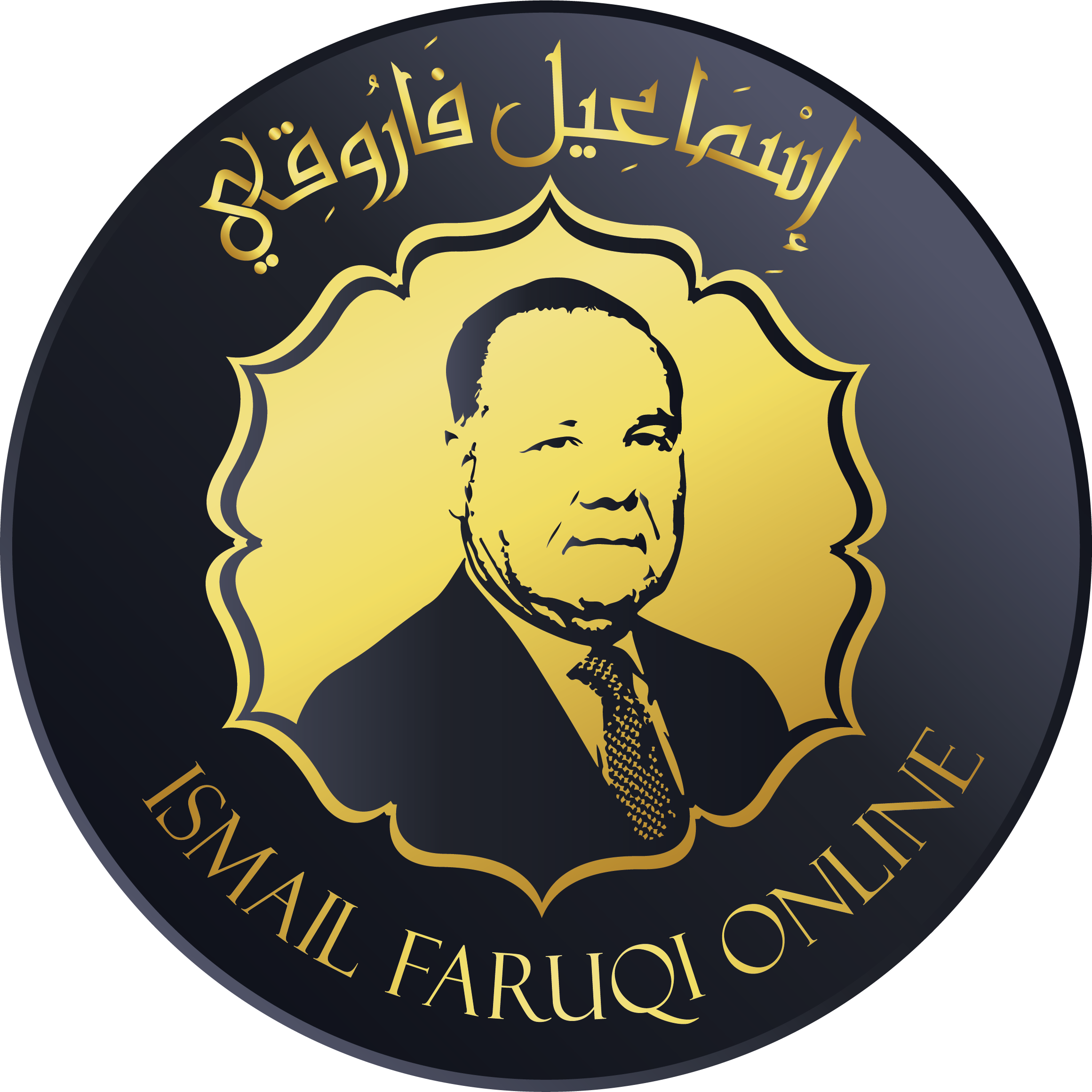Tag: islam
-
Prof. John Voll delivers annual Isma’il Faruqi lecture
“Isma’il Faruqi is a good case of the modern intellectual who is a believer and provides a good example for thinking about what it means to be a ‘believing intellectual’ in the modern era,” said Georgetown University’s history professor John Voll who presented the Annual Isma’il Faruqi Lecture at IIIT on August 26 to an…
-
On the Nature of Islamic Da’wah
Allah, subhanahu wa ta’ala, has commanded the Muslim: “Call men unto the path of your Lord by wisdom and goodly counsel. Present the cause to them through argument yet more sound” (Qur’an 16: 125). Da’wah is the fulfilment of this commandment “to call men unto the path of Allah.” Besides, it is the effort by…
-
Appendix: Dialogue On The Nature of Islamic Da’wah
Khurshid Ahmad opened the discussion of Dr. al-Faruqi’s paper with the following prepared response. Some parts of a background paper he circulated at the consultation have also been incorporated in this final version.
-
The Ismail Faruqi Award Presentation Ceremony
This bi-annual award to IIU scholars who produce outstanding, excellent and exemplary academic work was established in honour of the memory of al-marhum Professor Ismail Raji al-Faruqi who, during his lifetime, had made profound and invaluable contributions not only to Islamic scholarship but to learning as a whole. Indeed, I was most privileged to have…
-
Islam on Its Own Terms: The Contribution of Isma’il al-Faruqi
In his teaching of Islam the late Dr. Isma’il al-Faruqi had little patience with the anthropomorphic approach with which most comparative religion is taught. He believed there must be faith, belief, and commitment if the inner essence of Islam—and indeed of any religion—is to be appreciated. He deplored the fact that Islam in the West…
-
Islam and the Tehran Hostages
Certainly no Muslim may question the following principles, since they are Qur’anic and the Qur’an is for Muslims the only ultimate authority. These principles are not unique to Islam; rather, they represent some of the highest ethical standards of other human civilisations. Islam advocates a very personal, individualist ethic. “No soul may be charged with…
-
Islam and Human Rights
Over a billion humans in the world today are Muslims. As Muslims, they believe in human rights. But their bill of human rights is not one composed by a committee of scholars or leaders, resolved and promulgated by a government, a parliament, or a representative assembly. What humans compose can only be tentative; and what…
